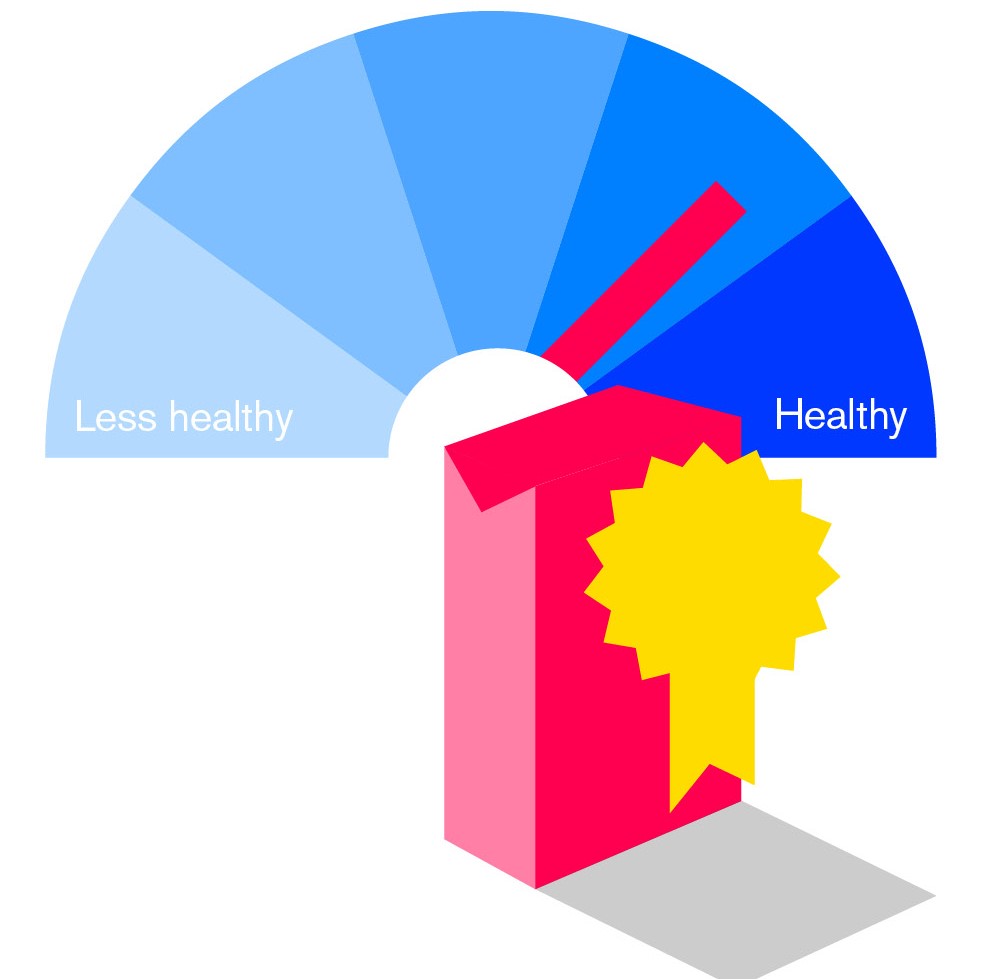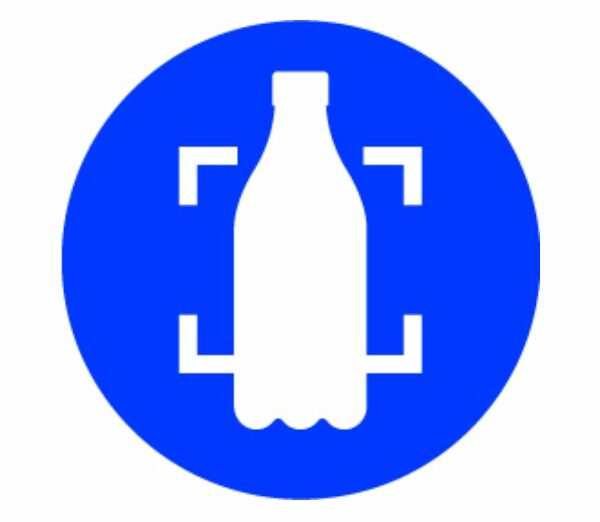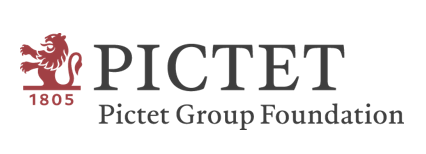
ATNi Launches Project to Standardise the Definition of Healthy Food Products
9 June 2023Nutrition is becoming increasingly important for the investor community and pressure is mounting for food & beverage companies to improve their impact on public health. The reason? Investing in public health will not only improve the health of society, but also advance equity and foster economic and climate resilience. Hence, a focus on healthy diets is becoming an important part of sustainable investing.
Rachel Crossley, Head of Stewardship Europe for BNP Paribas Asset Management with more than €500 billion in assets under management explains their perspective: “We view the huge and continuing rise of diet-related diseases in recent years, due to poor diets, as a long-term systemic investment risk. That is why we are engaging with food and beverage companies to urge them to improve the nutritional profile of their products for the benefit of their customers and wider society”.


To improve investment strategies in nutrition, there is a need to assess company action and hold them accountable to encourage healthy diets and address malnutrition in all its forms. However, currently there is not a globally aligned and accepted definition of “healthy”, which makes assessing and comparing food companies’ commitments towards healthier portfolios difficult. Given the lack of alignment in this area the Access to Nutrition Initiative (ATNi) is excited to launch a project to catalyse progress on the definition of healthy food products. The project is funded by the Pictet Foundation and will leverage convening support from the World Business Council for Sustainable Development (WBCSD).
To help understand what choices contribute to a healthy diet, a Nutrient Profile Model (NPM) – classifying or scoring food products according to their nutritional composition and impact on health – can serve as a tool to evaluate the nutritional quality of foods. To date, there are more than one hundred NPMs. The discrepancy between models creates confusion for regulators, manufacturers, investors, and consumers, and defeats the purpose of these models which is to facilitate healthier food choices, as explained by Francesco Branca, Director of the Department of Nutrition and Food Safety at the WHO in his recent ATNi guest blog.
To address this challenge, ATNi aims to bring increased understanding and harmonization to the sector on defining and measuring healthy foods using NPMs. At the heart of this exercise is the belief that companies that hold themselves accountable and contribute to improved diets will be more viable and valuable for society in the long term.
Juan Salazar, Senior Engagement Specialist at Pictet Asset Management explained the usefulness of achieving alignment saying, “We would all benefit from getting to that level where we can easily compare between two companies that currently use different models.”
ATNi and partners will organize a series of stakeholder consultations using a modified Delphi approach, including sequential questionnaires and online roundtables to structure the communication process and build consensus around the use and reporting of existing NPMs. All relevant stakeholders from the research community, food industry, policy, NGO/civil society, and other actors in the Nutrient Profiling ecosystem will be invited to participate.
The result of the convenings will be a framework for harmonizing the selection, use, and reporting on NPMs to measure the healthiness of portfolios, facilitate comparison, and track progress of companies’ commitments.
The project will kick off August 2023 with a first Delphi round to collect multi-stakeholder input. We have already received many positive responses to embark with us on this journey, and we encourage everyone to join this momentum – which will set the scene for future nutrition-integrated Environmental, Social, and Governance (ESG) metrics.
Please contact our senior researcher Brenda de Kok (brenda.dekok@accesstonutrition.org) if you want to be part of the upcoming dialogues and join us in this collective endeavor.

This project is funded fully by the Pictet Foundation. It uses a Delphi process to come to greater alignment on nutrient profiling models (starting with existing internationally recognised ones such as Nutri-Score, HSR or WHO models) among all stakeholders including investors, private sector, academia and international public health organizations. The governance structure and decision-making of the project does not allow for any direct food industry membership or influence. WBSCD, while clearly a private sector entity, is a non-funded and non-funding communications partner in this project.
We believe their role in communications will help bring further alignment and transparency among the private sector in an otherwise very fragmented field. This should facilitate better comparison of food and beverage companies and brands at portfolio or product category level based on the best science. ATNi’s ultimate aim is not only for more alignment but that regulators start to deploy standards on the healthiness of product portfolios so that private sector actors are held accountable.

